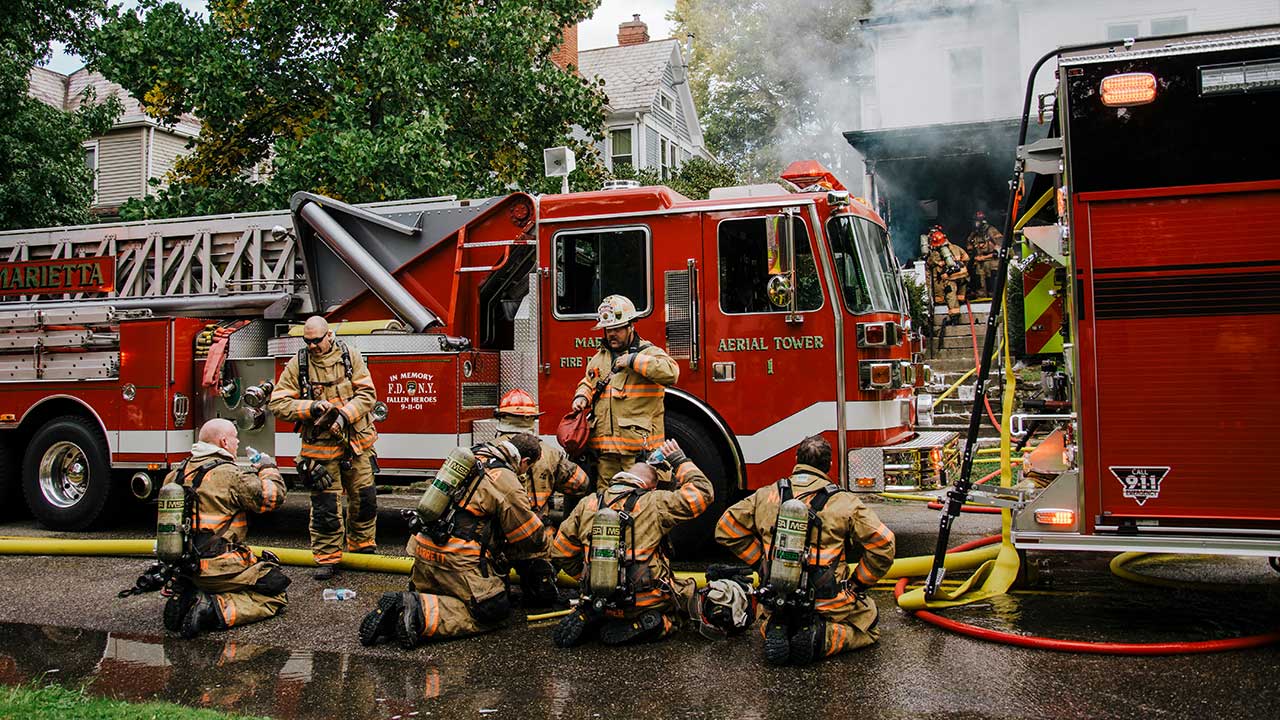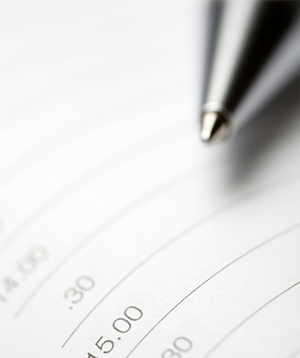
The Silent Battles: Prioritizing First Responder Wellness Checks

They run towards the chaos when everyone else runs away. They are the calm voices in the storm, the hands that offer aid, the protectors who stand between us and danger. Police officers, firefighters, paramedics, dispatchers – our first responders are the bedrock of our communities, facing unimaginable stress, trauma, and heartache as part of their daily duty. Yet, behind the uniform and the unwavering resolve, they are human beings, carrying the cumulative weight of every accident, every tragedy, every desperate call. The unspoken reality is that these silent battles leave scars, and the toll on their mental and emotional well-being is often immense, and too often, goes unaddressed.
We believe that those who dedicate their lives to protecting ours deserve the same unwavering support they provide. This is why First Responder Wellness Checks are not just important; they are absolutely essential, a vital lifeline for individuals who consistently put their lives on the line. These aren’t punitive assessments or a sign of weakness; they are proactive, compassionate measures designed to ensure our heroes remain healthy, resilient, and able to continue their critical work without sacrificing their own well-being.
Consider the unique crucible our first responders endure. They are exposed to graphic scenes of suffering, violence, and death, not once, but repeatedly. They witness human vulnerability at its rawest, make split-second, life-or-death decisions, and carry the burden of immense responsibility. Long, unpredictable hours, shift work that disrupts natural rhythms, critical incident stress, and the constant threat of danger all contribute to a heightened state of vigilance and chronic physiological arousal. It’s a relentless cycle that can lead to a host of mental health challenges, including Post-Traumatic Stress Disorder (PTSD), depression, anxiety, substance abuse, and sadly, higher rates of suicidal ideation than the general population.
The culture within first responder communities, while fostering incredible camaraderie and strength, has historically sometimes created barriers to seeking help. A perceived need to be “strong,” to “suck it up,” or to fear professional repercussions can lead to a dangerous silence. This silence allows distress to fester, transforming manageable stress into debilitating mental health crises. Wellness checks are designed to break this silence. They are a declaration that it is okay to not be okay, and that seeking support is a sign of immense strength and self-awareness, not a failing.
So, what exactly do First Responder Wellness Checks entail? They are comprehensive, confidential assessments that delve into various aspects of well-being: mental, emotional, and physical. The approach is holistic, acknowledging that these facets are interconnected. Key components often include:
Confidential Mental Health Screenings: These screenings are designed to identify early warning signs of stress, anxiety, depression, PTSD, or other mental health concerns. The emphasis on confidentiality is paramount, as it encourages open and honest communication without fear of judgment or professional repercussions. Early detection allows for timely intervention, preventing issues from escalating into more severe conditions.
Access to Specialized Mental Health Professionals: First responders need therapists and counselors who understand the unique stressors of their profession. Our team at Beyond the Storm Behavioral Health has specialized training and experience working with law enforcement, firefighters, and EMTs. We understand the language, the culture, and the specific challenges they face, allowing for a deeper level of trust and more effective therapeutic engagement.
Peer Support Programs: Connecting with colleagues who have shared similar experiences can be profoundly healing. Peer support groups provide a safe, confidential space where first responders can talk openly, share coping strategies, and reduce feelings of isolation. The understanding that comes from someone who has truly “been there” is invaluable in fostering a sense of belonging and mutual support.
Education and Training: Wellness checks often include education on stress management, resilience building, and identifying warning signs in themselves and their colleagues. This empowers first responders to become more proactive in managing their own mental health and to look out for one another. Training in mindfulness, grounding techniques, and healthy coping strategies provides practical tools they can use in their daily lives, both on and off duty.
Promoting Work-Life Balance and Self-Care: The demands of being a first responder can easily lead to burnout. Wellness checks can encourage and facilitate healthy lifestyle choices, including adequate sleep, proper nutrition, regular physical activity, and opportunities for decompression and connection with loved ones. It’s about helping them reclaim aspects of their personal lives that can be easily overshadowed by their demanding careers.
The impact of prioritizing first responder wellness checks extends far beyond the individual. A healthy, resilient first responder workforce is a more effective and compassionate one. It leads to improved morale, reduced absenteeism, decreased burnout, and ultimately, better service to the communities they protect. It’s an investment in the very fabric of public safety.
At Beyond the Storm Behavioral Health, we stand ready to support our first responders. You have carried the weight of so many storms for us. It’s time we help you navigate your own. You are not alone in your struggles, and seeking help is not a sign of weakness, but a testament to your enduring strength and commitment to your own well-being. Let us be your support system, helping you build resilience, heal from the unseen wounds, and ensure that you can continue to serve with courage and compassion, both for others and for yourselves.
Schedule a free 15-minute call to see if we are a good fit.

Contact Us

